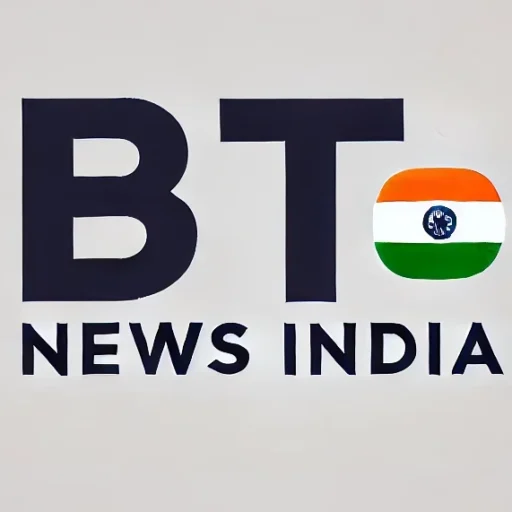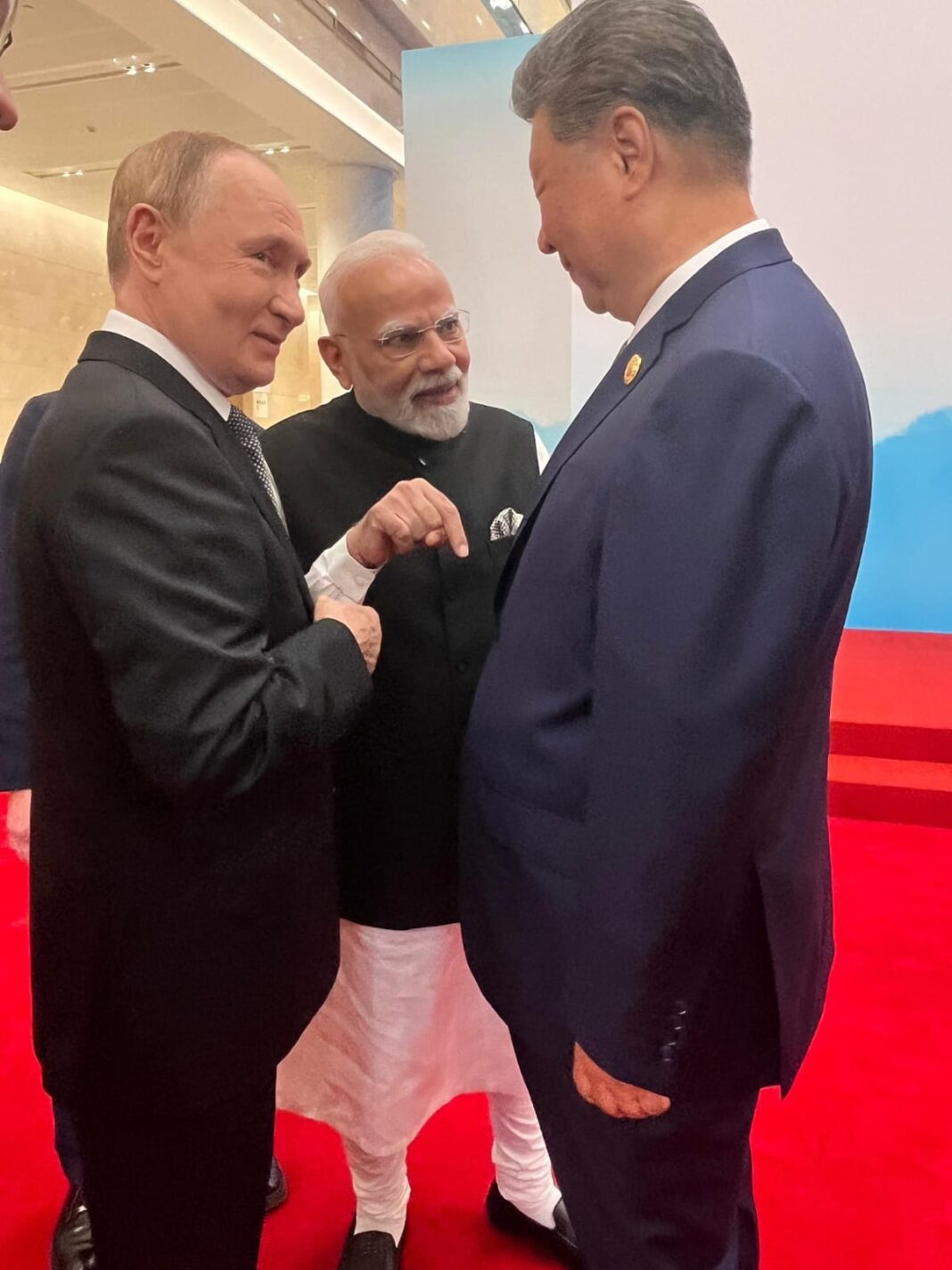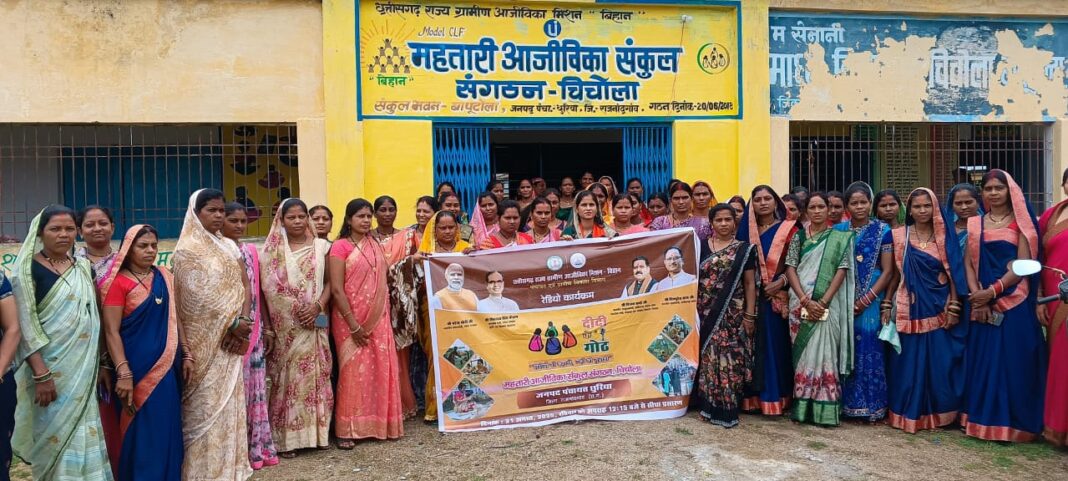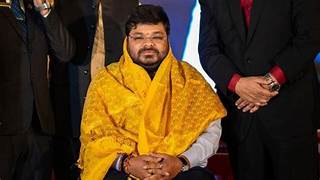As Xi Jinping Hosts Modi in Tianjin, Trump’s Tariff Threats Stir Tensions, Highlighting India’s Strategic Diplomacy
Published on: September 01, 2025
By: BTNI
Location: Tianjin, China
Chinese President Xi Jinping rolled out the red carpet for Indian Prime Minister Narendra Modi in Tianjin, marking a significant moment in India-China relations during the 25th Shanghai Cooperation Organisation (SCO) Summit. Modi’s first visit to China in seven years, warmly received with banners lining Tianjin’s highways, underscored India’s growing prominence in a multipolar world.
The summit, attended by leaders from over 20 nations, came against the backdrop of strained U.S.-India relations, with President Donald Trump’s recent imposition of 50% tariffs on Indian goods sparking global attention and criticism. Modi’s diplomatic finesse in Tianjin highlighted India’s ability to navigate complex geopolitical waters while strengthening ties with key powers like China and Russia.
Upon arriving on August 30, Modi was greeted with enthusiasm by the Indian diaspora and Chinese officials, setting the stage for high-stakes bilateral talks with Xi Jinping. The leaders focused on easing tensions along the Line of Actual Control (LAC), with discussions on troop withdrawals and relaxing trade and visa restrictions. Modi emphasized that “peace and tranquility at the border are essential for advancing India-China relations,” while Xi advocated for a partnership-driven approach, stating, “India and China should be partners, not rivals, for global prosperity.”
The talks signaled a potential détente, with both sides exploring cooperation in areas like climate change and technology, despite past frictions from the 2020 Galwan Valley clash. Modi also invited Xi to the 2026 BRICS Summit in India, a gesture warmly received by the Chinese leader.
The SCO Summit, the largest in its history since its inception in 2001, saw Modi champion a unified stance against terrorism, referencing the April 22, 2025, Pahalgam attack that killed 26 civilians. The Tianjin Declaration condemned terrorism unequivocally, aligning with India’s call for a “no double standards” policy.
Modi’s bilateral meeting with Russian President Vladimir Putin further strengthened India-Russia ties, with discussions spanning trade, energy, and security. The leaders, who shared a car ride to their meeting, reaffirmed their “special and strategic partnership,” with Modi supporting peace efforts in the Russia-Ukraine conflict. These engagements underscored India’s multi-alignment strategy, balancing relations with rival powers while maintaining strategic autonomy.
Meanwhile, Trump’s recent tariffs on India, justified by claims of India’s purchase of Russian oil, have strained U.S.-India relations. Labeling India’s economy as “dead” and imposing hefty tariffs, Trump’s actions have drawn sharp criticism, with some analysts suggesting they inadvertently pushed India closer to China and Russia.
Beijing’s rare public support for India against Trump’s “bullying” tactics, coupled with Modi’s high-profile presence in Tianjin, has fueled speculation of a realignment that could challenge U.S. efforts to position India as a counterweight to China. Eric Olander, editor-in-chief of The China-Global South Project, noted, “Xi is using this summit to showcase a post-American world order, and Modi’s participation adds significant weight to that narrative.”
Also read- https://www.btnewsindia.com/modi-putin-camaraderie-steals-spotlight-at-sco-summit-joined-by-xi-jinping-in-tianjin/ https://www.btnewsindia.com/pm-modi-shines-at-sco-summit-in-tianjin-strengthening-indias-global-stance/
The summit also highlighted internal SCO challenges, with analyst Shen Dingli describing it as a “showcase” lacking a clear mission to resolve conflicts among members or with external nations. Despite calls for economic integration in trade and development finance, expectations for concrete outcomes remain low, particularly on issues like the Russia-Ukraine conflict, which the SCO has yet to address in joint statements. Nevertheless, Modi’s active participation, including meetings with leaders from Nepal, Egypt, and the Maldives, reinforced India’s commitment to regional cooperation and global south advocacy.
As Modi departed Tianjin, he described the visit as “highly productive,” emphasizing India’s role in fostering peace and development. The grand welcome in China, contrasted with Trump’s aggressive trade policies, underscored India’s growing influence amid shifting global dynamics. With upcoming visits to Japan and preparations for India’s 2026 BRICS presidency, Modi’s diplomacy continues to position India as a pivotal force in a rapidly changing world order.
Prime Minister Narendra Modi’s red-carpet welcome in Tianjin at the SCO Summit marked a triumph of India’s strategic diplomacy, strengthening ties with China and Russia while navigating tensions with the U.S. As Trump’s tariffs stir global unrest, Modi’s engagements with Xi Jinping and Putin signal India’s resolve to chart an independent path, balancing national interests with regional stability in a multipolar world.




